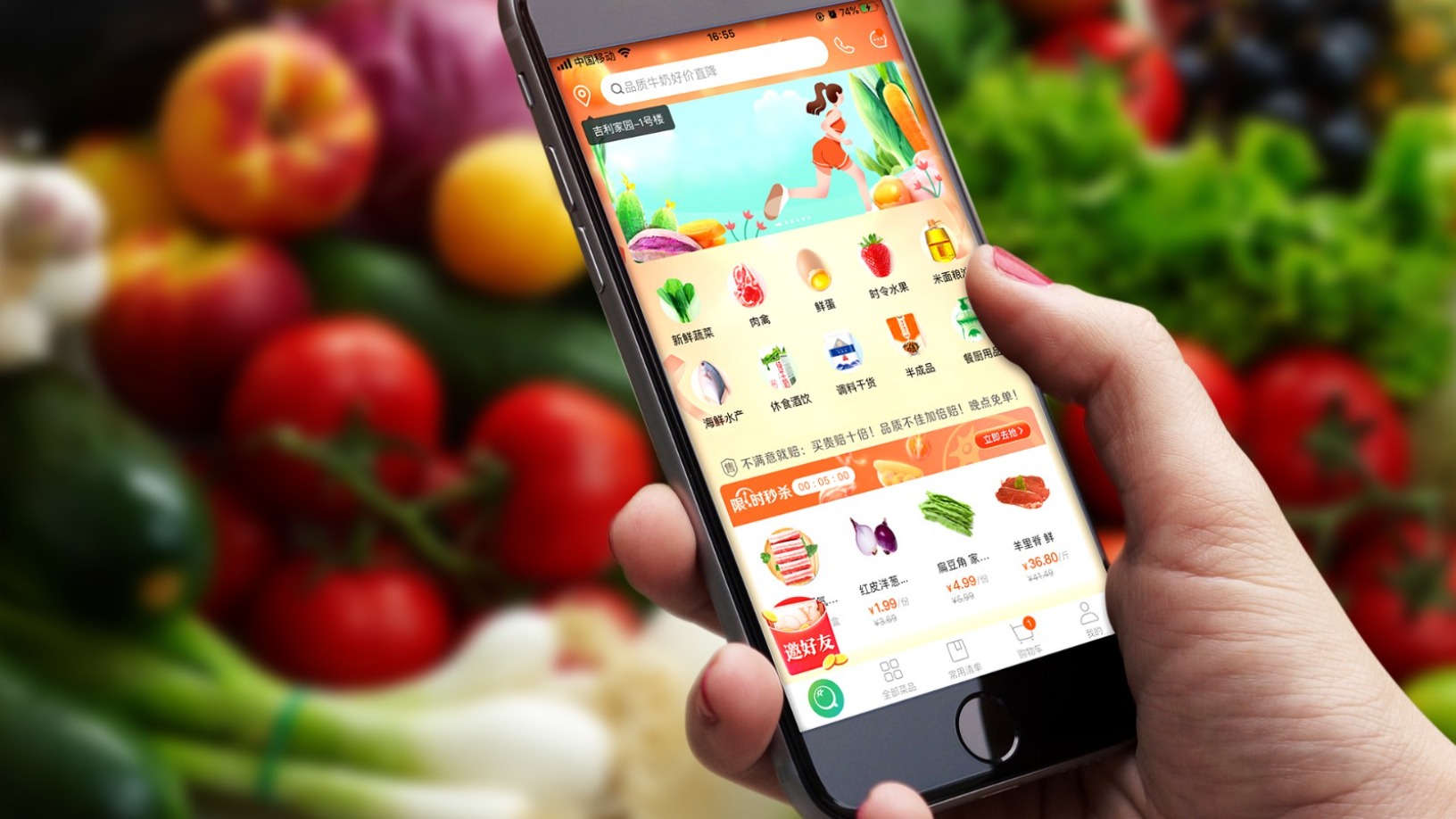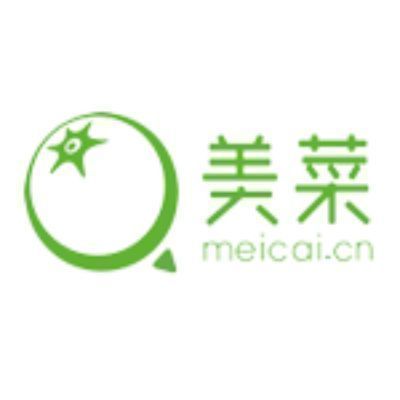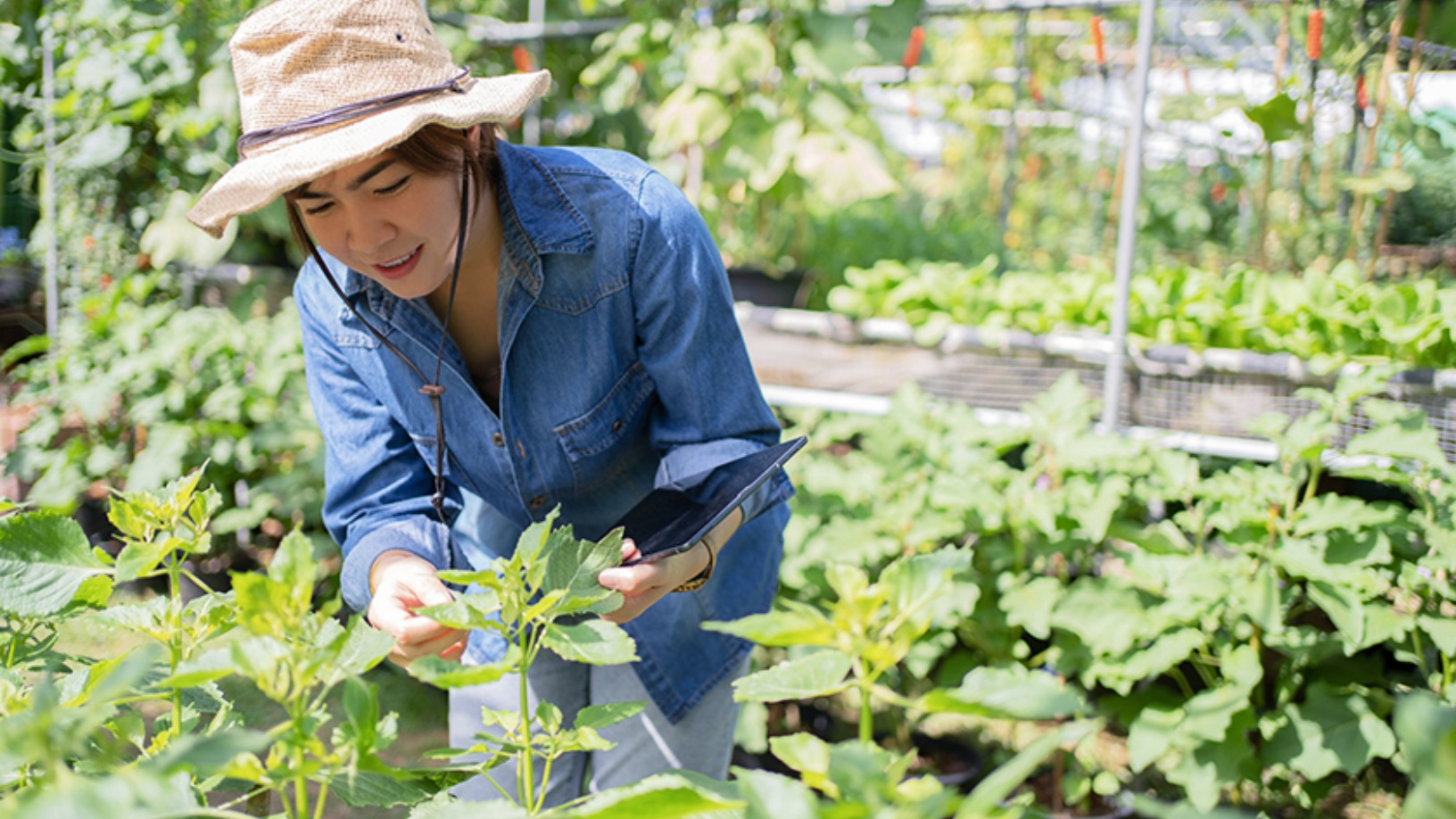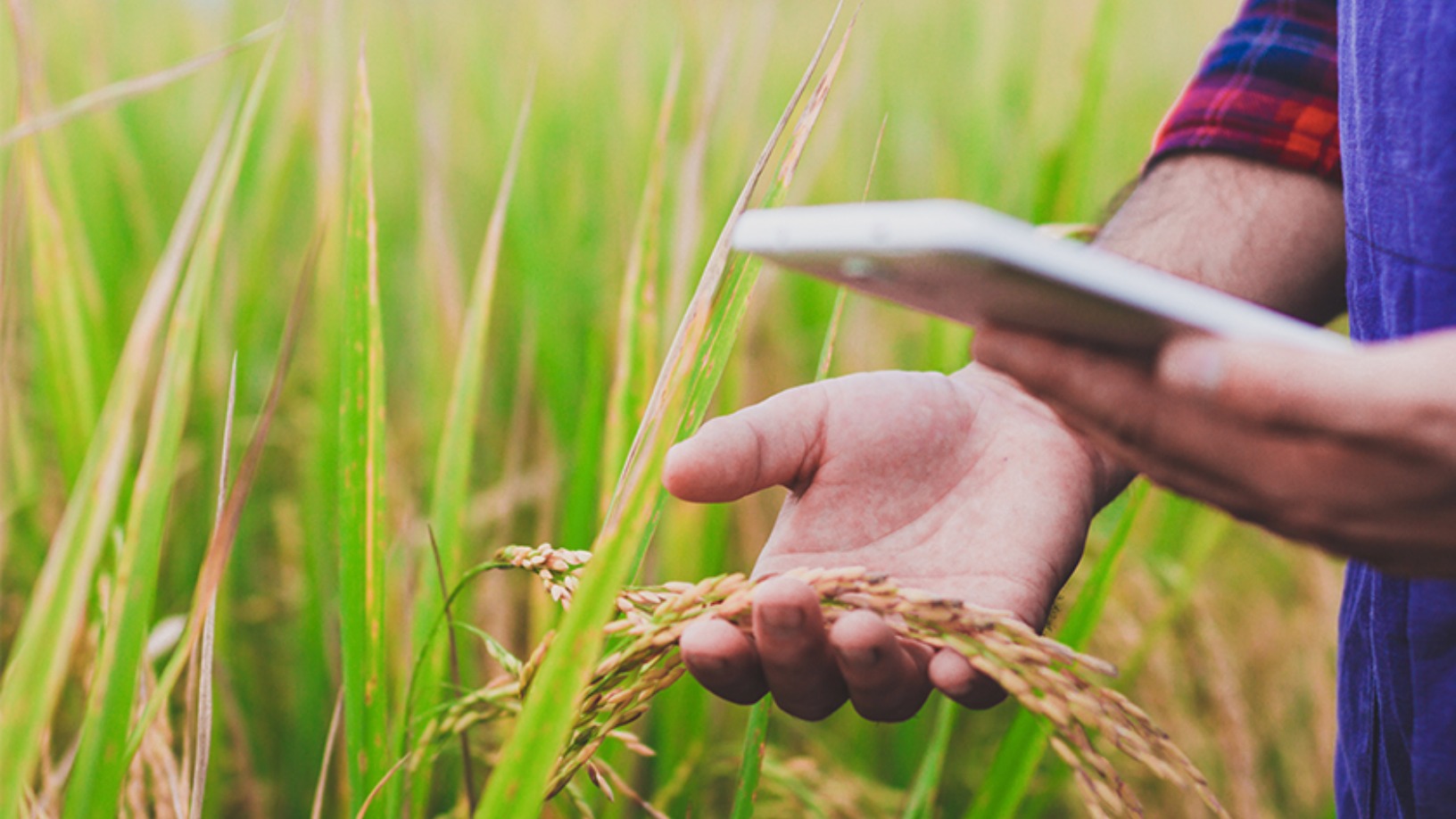Farmer-to-table e-commerce has become one of the most hotly contested markets in China. Even the tech giants, Alibaba, Pinduoduo and Meituan, entered the space in the past few years, challenging established e-grocers that let farmers sell their produce online. Faced with the heat, B2B-focused Meicai – one of the sector’s first movers and today its most valuable startup – has since expanded to selling to consumers, too.
The Covid-19 outbreak in China was disastrous for Meicai as eateries, its main customers, were forced to close. In February 2020, Meicai extended its online grocery platform and delivery services to private households in over 30 cities including Beijing, Shanghai and Shenzhen, as well via Alipay mini program from March. By mid-2020, thanks to the B2C pivot, Meicai’s sales had recovered to 70–80% of its pre-Covid levels.
Meicai last month also denied media reports that it was exploring an IPO to raise $300m, saying it didn’t have such a timetable. The startup last raised $600m in 2018, and was reportedly seeking further investment of at least $500m in 2019 – talk it also denied.
Meicai lets farmers in the world’s fourth largest country by area sell fresh produce directly to restaurants and households through its app. It also has its own logistics supply chain spanning warehouses, cold-chain storage, delivery fleets and logistics management software to digitalize and standardize processes in each major part of the farm-to-table supply chain.
“Hopefully, our future food supply network will serve all types of users the way the water, power, gas and internet networks do,” Liu Chuanjun, Meicai’s CEO and founder, said at a food supply chain conference in late September 2020.
Currently more than 2m restaurants in about 300 cities use Meicai, a reach that propelled the startup to a $7bn valuation – the highest in the sector, according to a 2020 report on Chinese unicorns by The Beijing News and other Chinese media companies. Liu said Meicai’s revenue in the fourth quarter of 2019 exceeded RMB 14bn. So far, Meicai has raised a total of RMB 6bn through six rounds of funding. Major investors include Meituan-Dianping, Tiger Global Management, ZhenFund and Blue Lake Capital.
Within a week of Meicai’s B2C launch on Alipay mini program, the company had gained 800,000 new users, with average daily active users numbering more than 100,000, and a user repurchase and retention rate of 40%. Meicai, Liu told media, was banking on its logistics strength to stay competitive. The startup late last year also expanded into fintech solutions for farmers and eateries by partnering local banks in Changshu city in Jiangsu province.
Rocket scientist to serial entrepreneur
Liu was born to a family of poor farmers in Shandong province in 1982. He majored in astrophysics and pursued postgraduate studies at the Chinese Academy of Sciences. Upon graduation, he was part of the research team behind the Shenzhou manned spacecraft program, which sent the first Chinese citizen into space.
In 2009, Liu left academic research to start a small high-end organic food business, which failed in just six months. He next founded the group-buying website www.55.com, which he sold in 2011 before it listed on Nasdaq in 2015. In 2014, when China’s internet giants Alibaba and JD.com went public in the US, Liu founded Meicai, or “beautiful vegetable” in English.
His business started by delivering fresh produce directly from farms to restaurants, bypassing the middlemen, including food processors, wholesalers and retailers. Each of them charges margins of up to 30%, all of which add up into the final cost of produce paid by restaurants.
China’s F&B market has been growing at a steady pace in the past decade to become the world’s second biggest in 2018, only after the US. The country’s F&B scene has been recovering with the successful arrest of the coronavirus spread by the Chinese government. Ratings agency Fitch last month forecast real household spending in China to recover over 2021, growing by 10.2% from 2020 after the pandemic led to an estimated 1.2% contraction last year. Restaurants and hotel spending alone is forecast to recover to growth of 15.4% in 2021 from a contraction of 4.1% in 2020.
In June 2020, to beef up its partnership with restaurant users, Meicai led the Series B funding round of Liancaiwang, a B2B fresh produce delivery platform in Henan province. Founded in 2015, Liancaiwang serves more than 70,000 eateries and organizations. Meicai’s investment is also a strategic one: Meicai will tap Liancai's customer network of large and medium-sized catering companies and its related customer service expertise to boost its expansion in both the market segment and the central China region.
Banking on logistics
Meicai’s reputation rests on supplying fresh produce from farms to customers, reaching their doorsteps within 12–18 hours of placing an order. To do that, it runs 150 logistics centers that process more than 5m parcels daily, supported by over 20,000 delivery vehicles and 35,000 staff.
Its fleet includes 5,000 cold-chain trucks that enable different temperatures to be set for different produce. For example, leafy greens are generally stored at around 0 degree Celsius while pork and seafood are transported in conditions of minus 15 to minus 23 degrees Celsius.
More importantly, Meicai has developed an Order Management System (OMS), Transport Management System (TMS) and Warehouse Management System (WMS) to digitalize and standardize processes in each key component of the farm-to-table supply chain. The systems enable Meicai to monitor and to trace back the journey of each food product whenever problems arise.
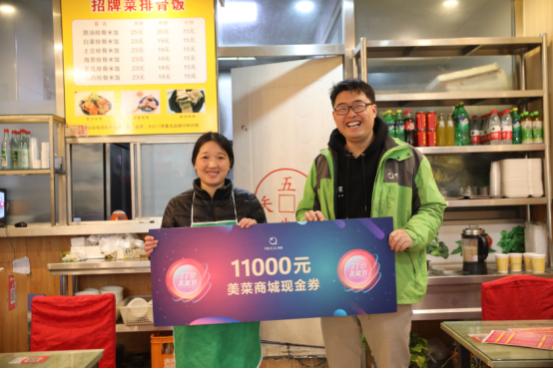
Yuan Bo, a restaurant owner and a Meicai user told media: “What we want is good quality, reasonable prices and reliable delivery. Everything is done in our phones these days.”
For farmers, Meicai provides them the necessary information and tools to boost their farming, such as equipment, seeds and fertilizers, and new fertilization methods. In the processes, it also promotes among farmers the standardized practices it has created, such as food quality control and packaging. Xu Laiwai, an onion farmer and businessman in Beijing, said Meicai helped his sales soar from several hundred kilograms to more than 10,000 kilograms a day.
Sysco goal
Through close partnerships with farmers, Meicai offers them financial services to expand their businesses. Overall, about half of China’s farmers work for small-sized cooperatives. They are hoping to grow but generally have difficulty getting funding.
Meicai’s long term goal is to reach 10m restaurants and 100m consumers, while helping 200m farmers improve their livelihoods through direct sales to buyers, improved yields through Meicai’s data- and tech-based systems and better access to financing.
Noting that Meicai has expanded to cover all segments of the food supply market, from farmers to consumers, small eateries and big chain restaurants and hotels, Wang Yuxiong, Vice-President of Meicai, named Sysco, the US’s largest food aggregator, as their benchmark.
He said: “If we continue to open up and deepen the supply chain, the opportunities and potential to be discovered from it will be huge, and the economic benefits it will bring are huge.”
